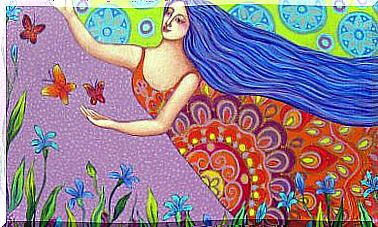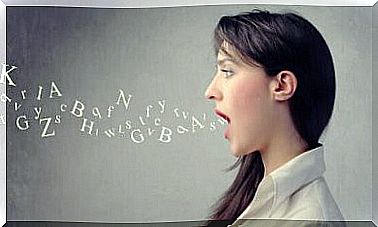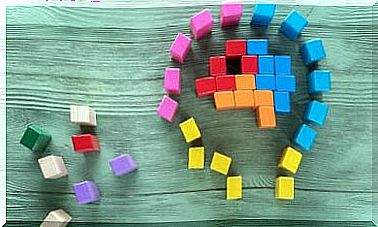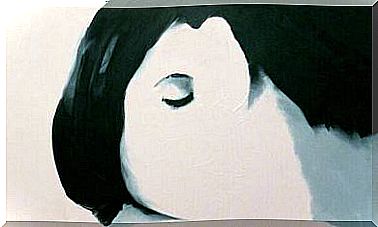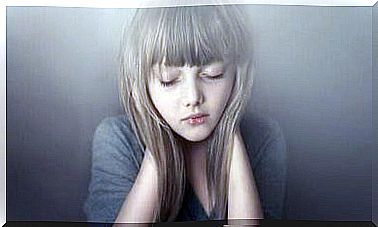Self-deception: The Lies That Sustain Us
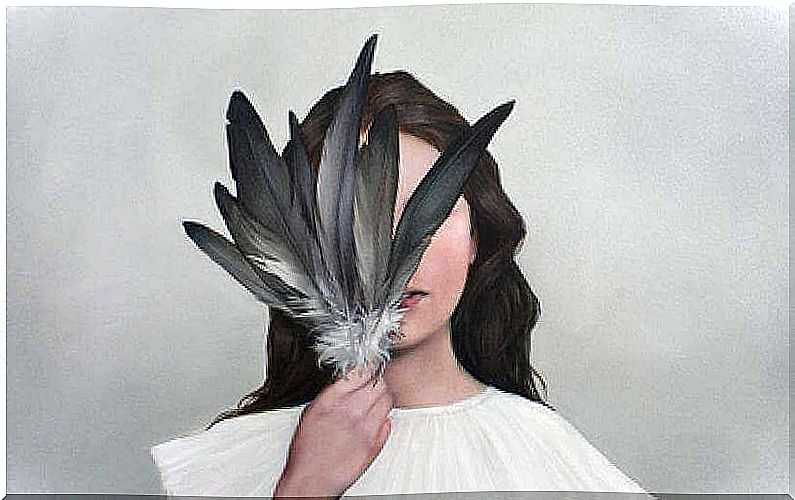
In one way or another, we are all familiar with lies. Some of you will be braver and be able to admit when you lie; for others, on the contrary, lies are a real condemnation that they don’t want to deal with.
But which of us has never told a lie to ourselves? Perhaps it is still too early to realize it, but it is worth thinking about it a bit.
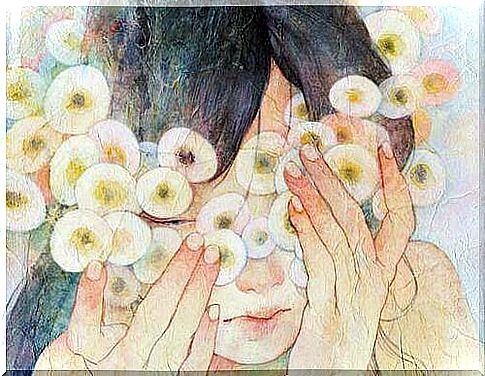
Deception as a life partner
Deception or lies are part of all aspects of life, even nature uses it as a resource. Think of the viruses that are able to deceive our immune system to enter our body or in the theater of lies and acting that put in place prey and predators in order to get what they want: survival. But what about the human being?
Beyond the lies we formulate to get something concrete, there are other lies that accompany us for a long period of time, if not even for a lifetime. They are lies that have been worked out to escape reality, and take refuge in the unconscious.
In Memoirs from the Underground , Dostoevsky wrote:
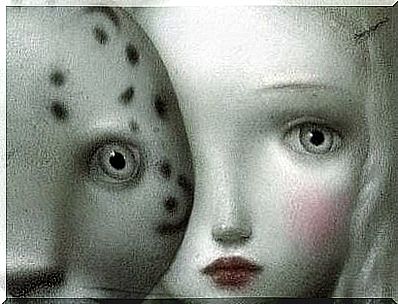
No one is immune to self-deception
In self-deception, language plays a fundamental role, not just conscience. Even if there is a concrete reality, although each of us builds his own through his perception, it is through language that we transmit and describe this reality. And after all, for us, reality is nothing more than a reflection of what we tell.
Taking into consideration that every person has the ability to create completely subjective opinions, in every sphere of life, who among us is immune to suppositions or confabulations? We are all victims of our own pitfalls, which we use to survive everyday life.
Lies help us dodge reality
In the life of each of us there is a dense network of lies that supports us and that, at times, can turn into handcuffs that keep us tied to certain situations without us realizing it. They are responsible for that feeling that assails us when we believe that, no matter what our efforts, we will never be able to advance.
When the force of facts becomes brutal or threatening, the fear of suffering can lead us to dodge reality, blocking our attention and self-deceiving ourselves. In this way, we automatically fill in the gaps we have with explanations, imaginations or fantasies. From this attitude comes the famous popular saying “eye that does not see, heart that does not hurt.”
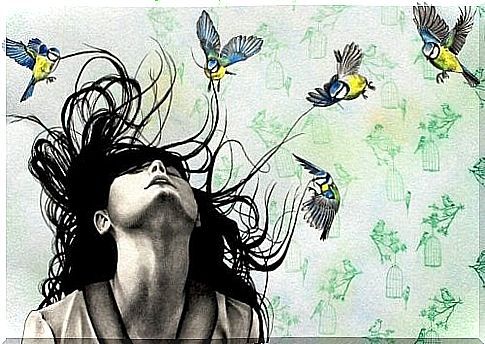
If we do not see and are not aware of what is happening around us, the feeling of danger diminishes, our anxiety calms down and allows us to move on. We ignore the facts and change the meaning of the experiences we live. The lie is always present, but it does it in a subtle way: it hides behind the silences, the justifications, the denials, the house of cards that we build for ourselves.
A mask that reminds us of the psychoanalyst Winnicott’s concept of the “false self”, according to which the lie is a component of the natural development of the human being, since childhood. This disguise allows us to calm the sense of anguish and suffering generated by the expectations that parents place on their children and which they cannot always satisfy. From this situation arises the need to deny oneself, to the point of being able to build a character that is consistent with the ideal that the parents had designed for them.
Self-deception in our daily life
Self-deception is also generated to help us meet our own expectations or those of others; or for the simple fact of not wanting to see what we see or hear what we feel, as a way to justify ourselves.
It happens, for example, in couple relationships, when we don’t want to realize that a situation has become unbearable, that our feelings are no longer the same; or in addictions, when a person believes he can control the consumption of certain substances; or, again, in social and political relations …
Self-deception is an important defense weapon we employ in the face of the threat of certain dangers. As if it were armor, we wear it to protect ourselves from the experiences we struggle to metabolize. Willhelm Reich called it the “character armor”. It is a shield behind which the ego stands, which uses it to protect itself from the anxiety of living in a world that, at times, can be really hostile.
And so, the more we deceive ourselves, the better we will be at deceiving others as well. Because the best way to hide a lie is by not being aware of it ourselves.
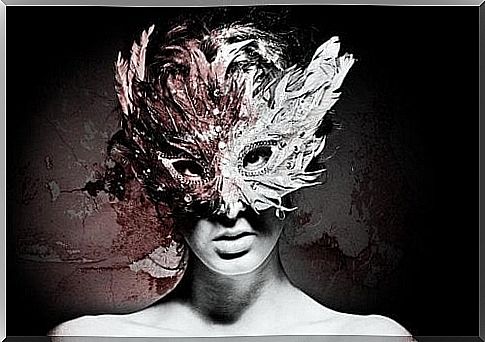
The effects of self-deception
Self-deception can have many different effects and can be very expensive at times. The latter situation occurs when a person’s world is completely fragmented, because the information we ignore remains buried at the level of the unconscious, while the consciousness lives in a world made only of lies.
As the American psychologist and writer Daniel Goleman states, the first step necessary to awaken from self-deception is to realize the strange way in which we are “asleep”. First of all we must accept the possibility that, in some aspects of our life, perhaps we are deceiving ourselves ; only at that point will we be able to delve into the web of lies that we have built to escape reality.
But it is not easy to be able to see what we do not like, and that is why we often do not realize that we are not realizing it … Most people, without even knowing it, have made a pact that looks a lot like to this ancient Arabic proverb: “Do not wake up the slave, perhaps he is dreaming of being free.”
Still, the sage would say, “ Wake up the slave, especially if he is dreaming of being free. Wake him up and show him that he is a slave: only through this awareness will he be able, perhaps, to reach freedom. “

